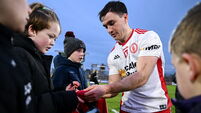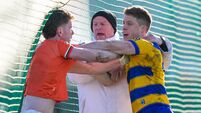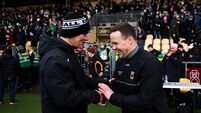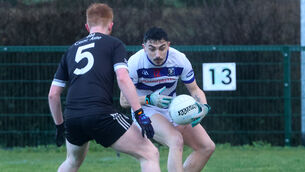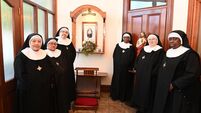Brian Murphy combined talent with defiance
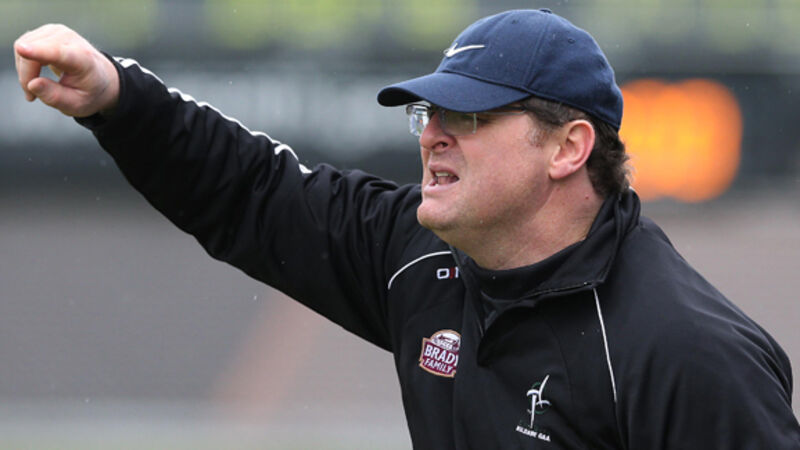
Former Cork and Kildare footballer Brian Murphy knows the value of an awakening. His Cork career was bedevilled by injury and it was under Mick O’Dwyer he finally achieved his inter-county dreams with his adopted county. He has since guided a generation of Lillywhite talent and hopes winning the ‘Newbridge or Nowhere’ battle proves a touchstone moment.







